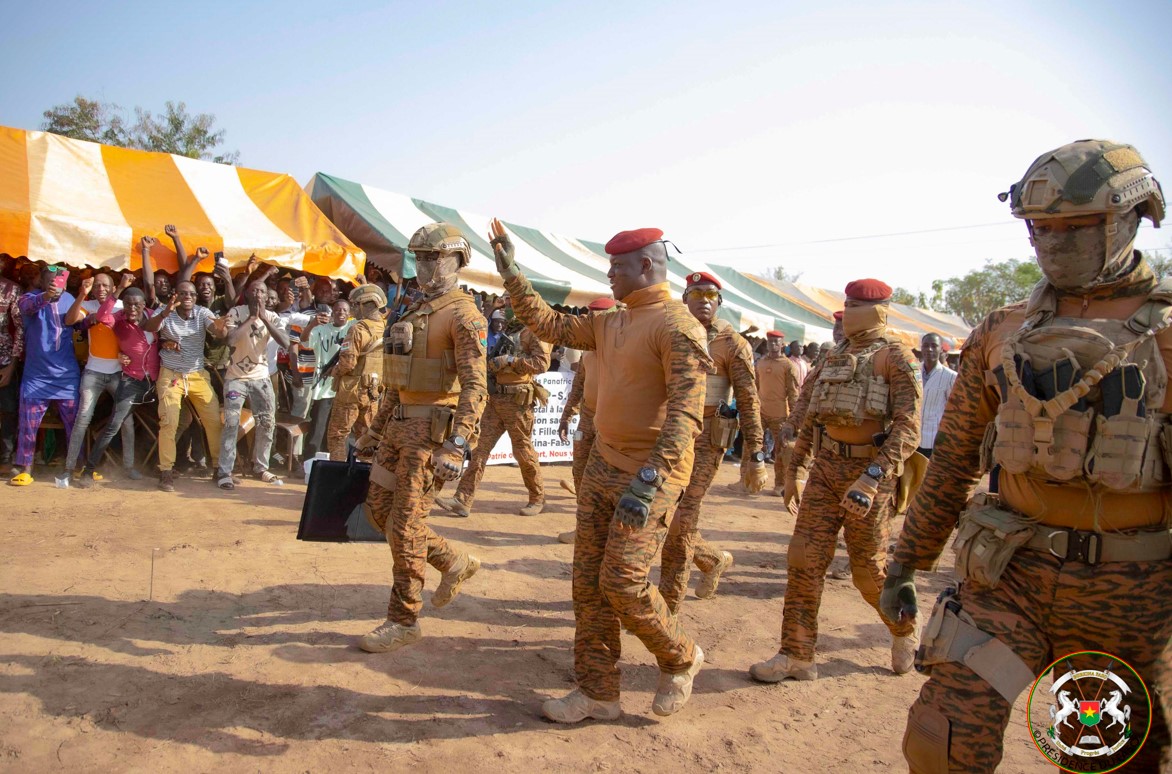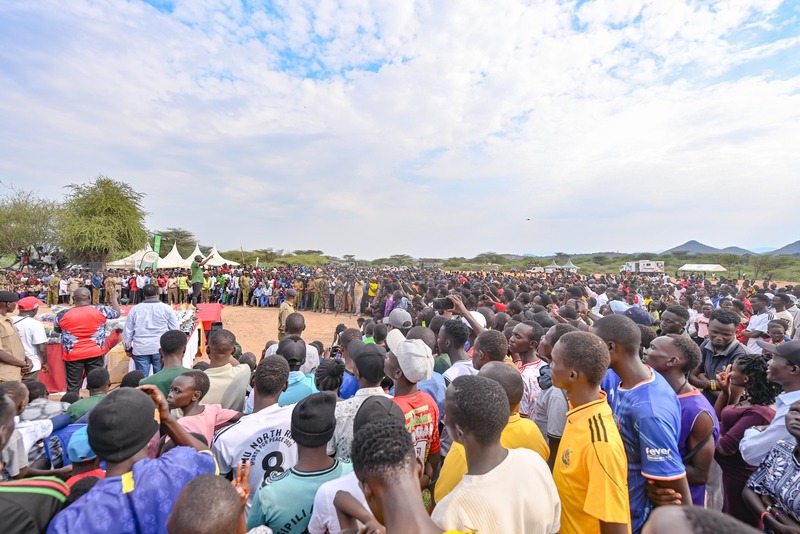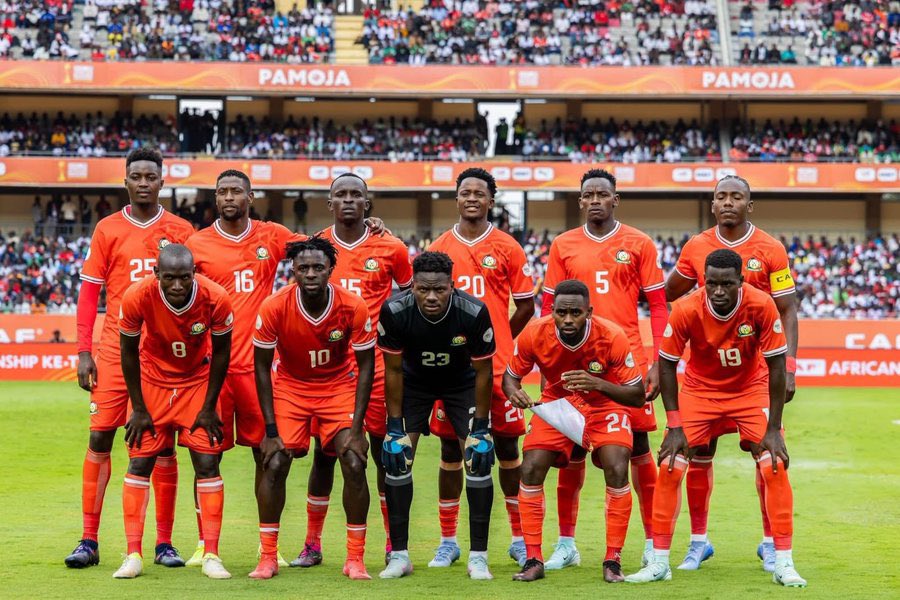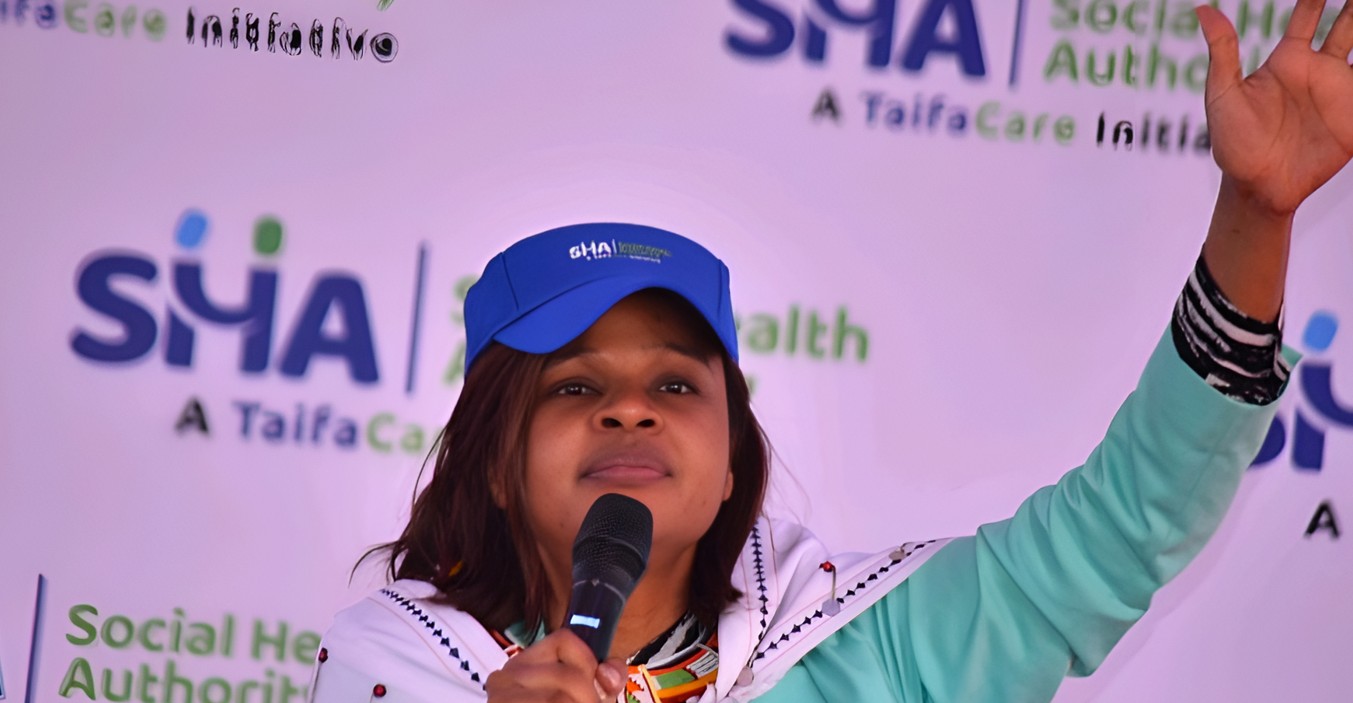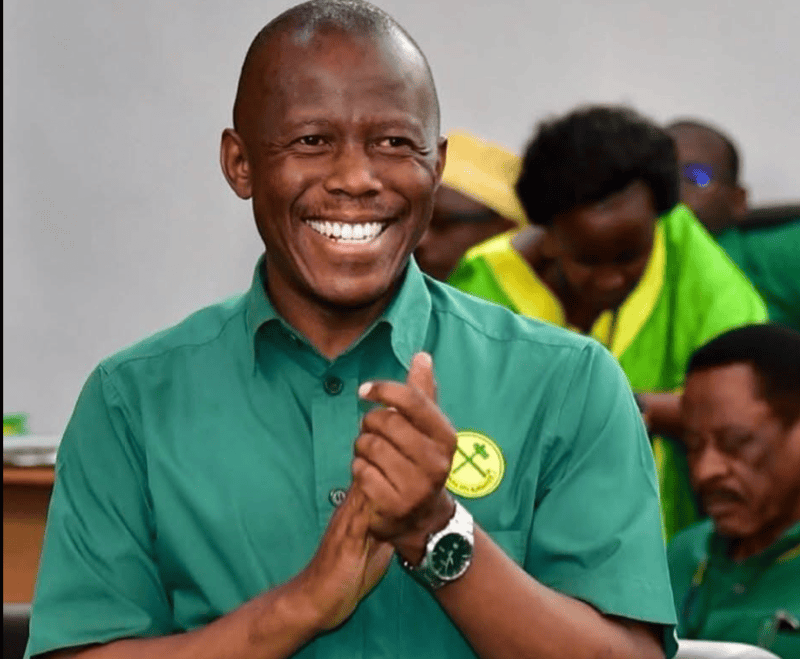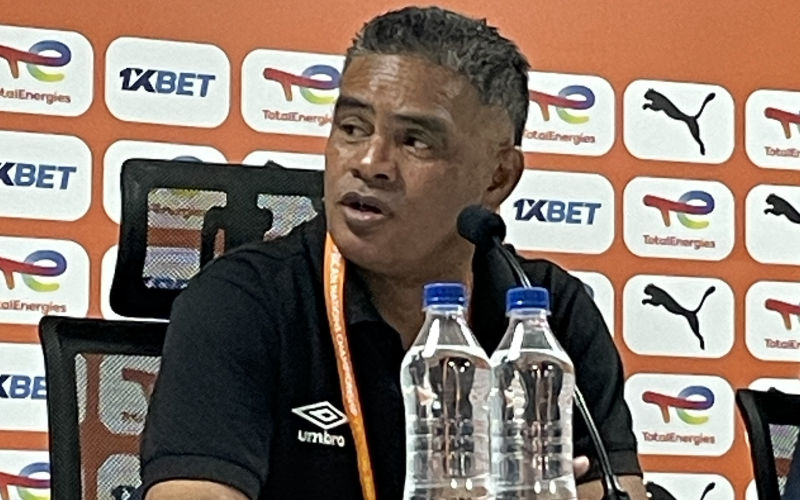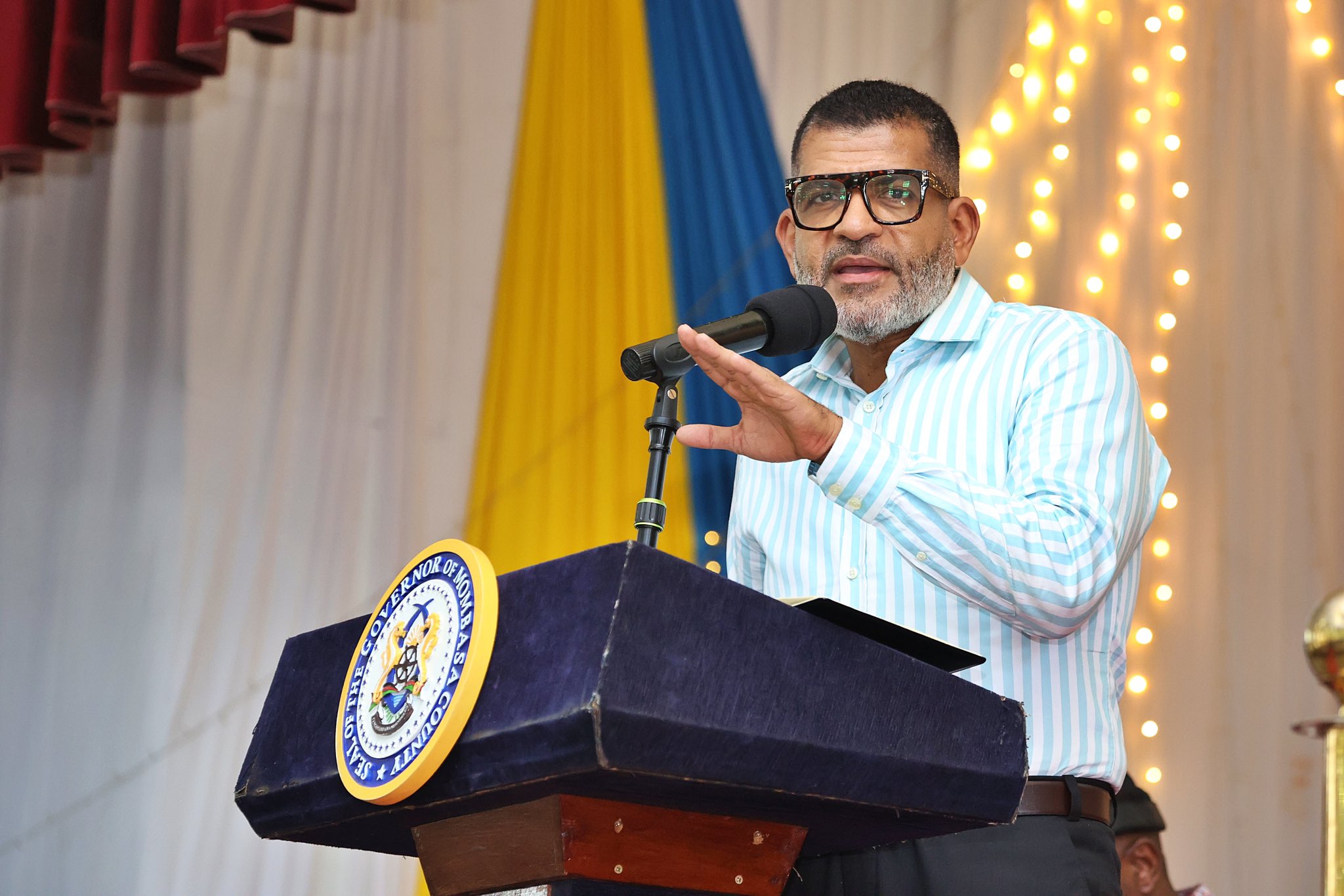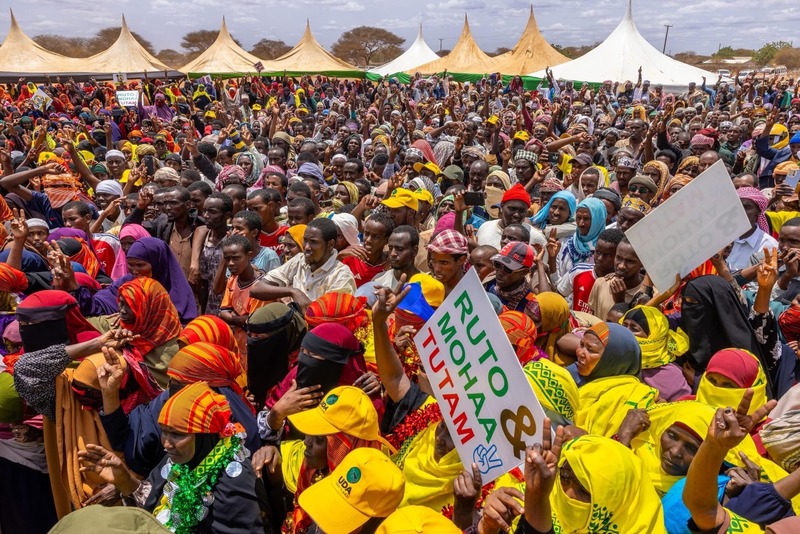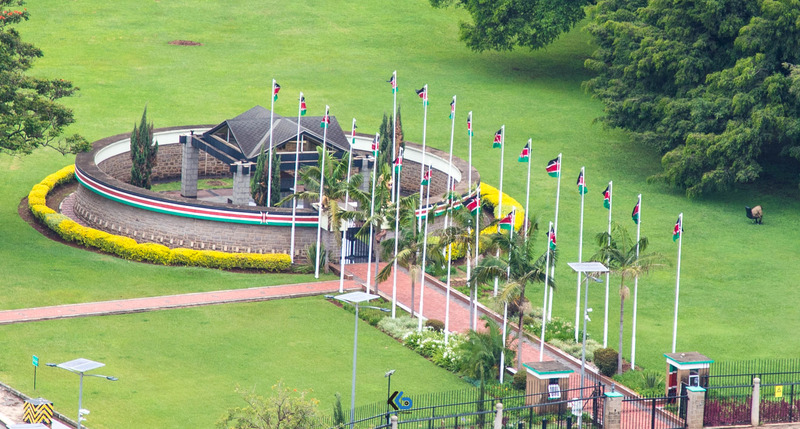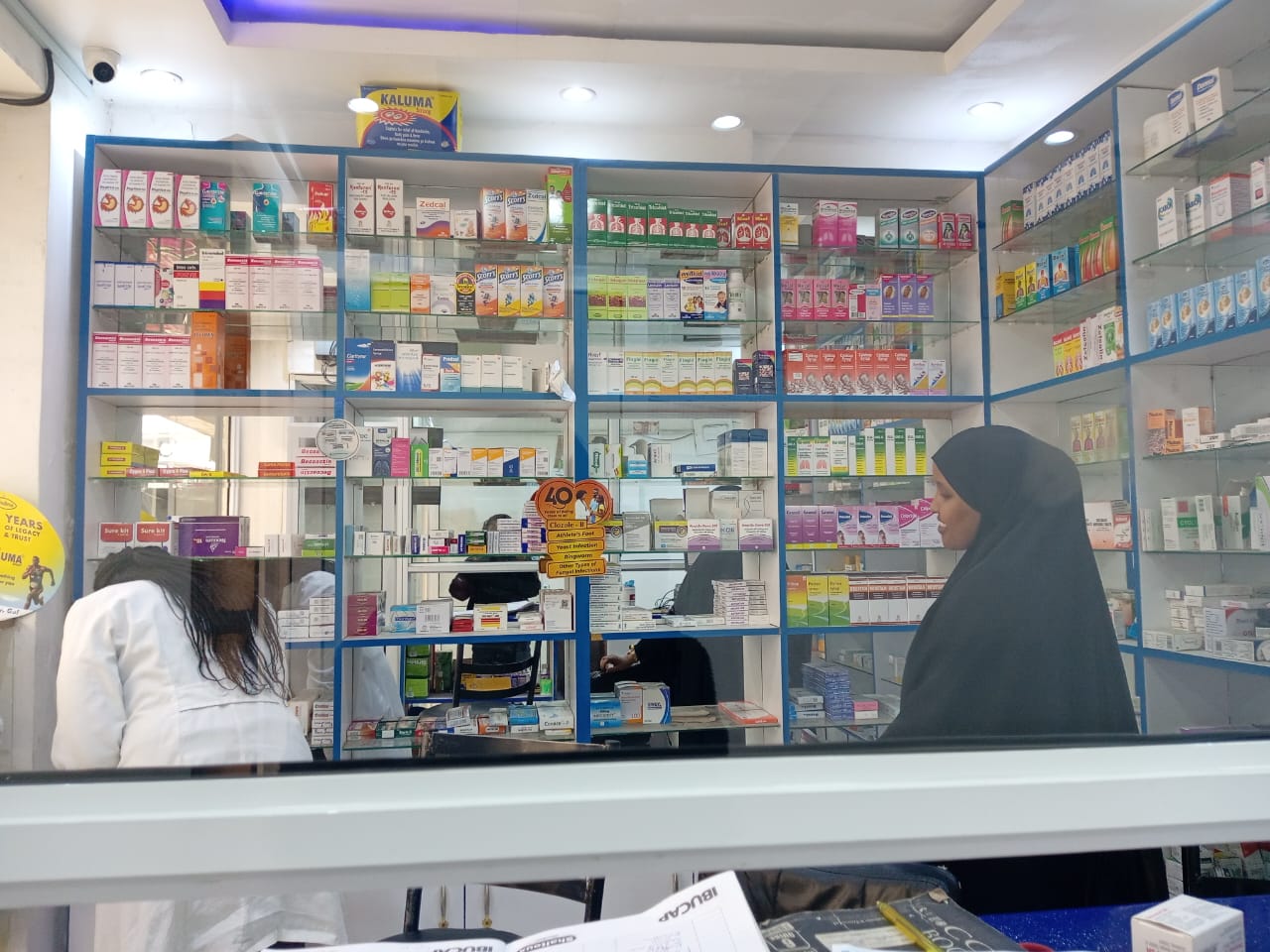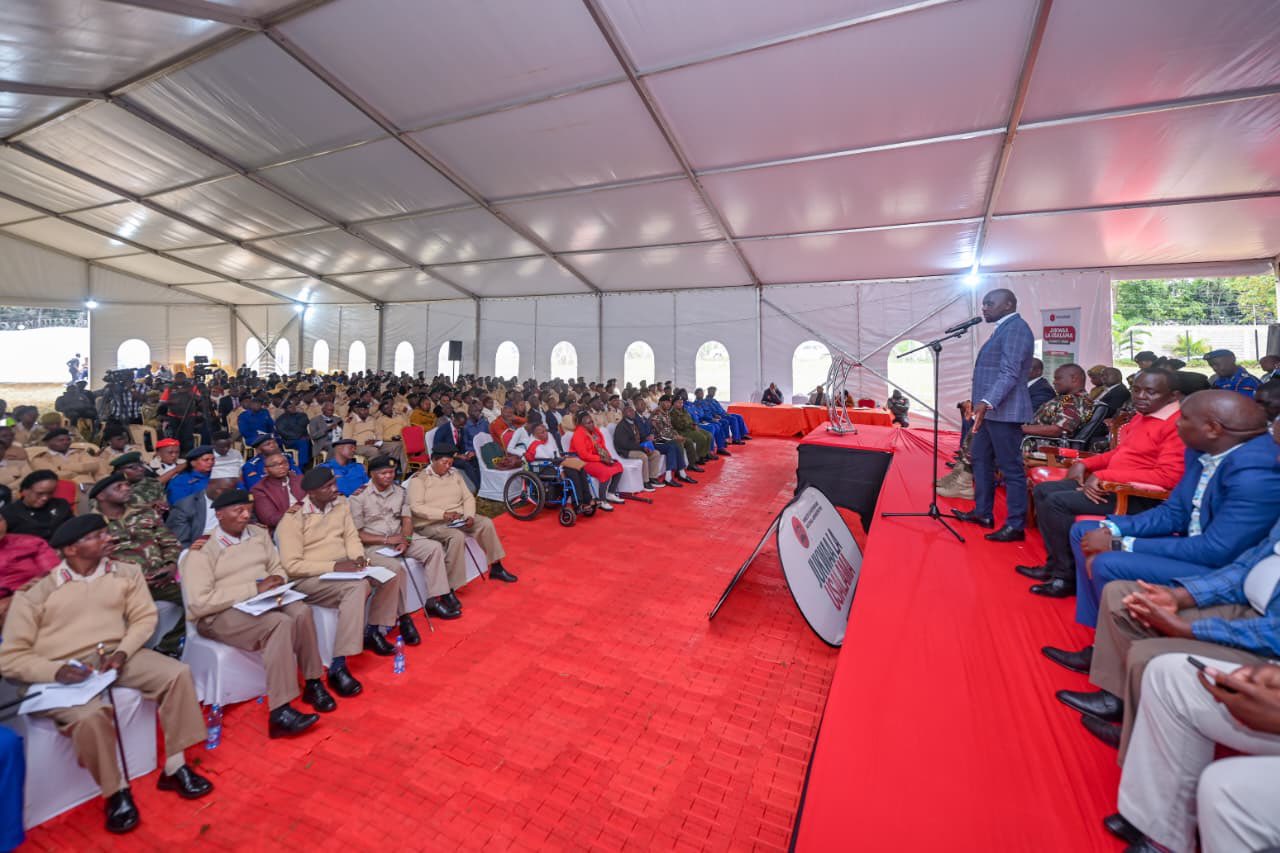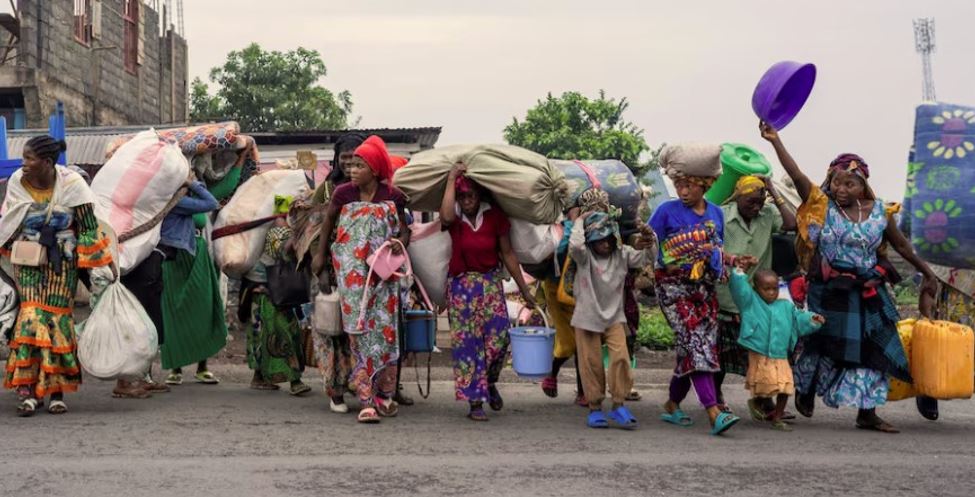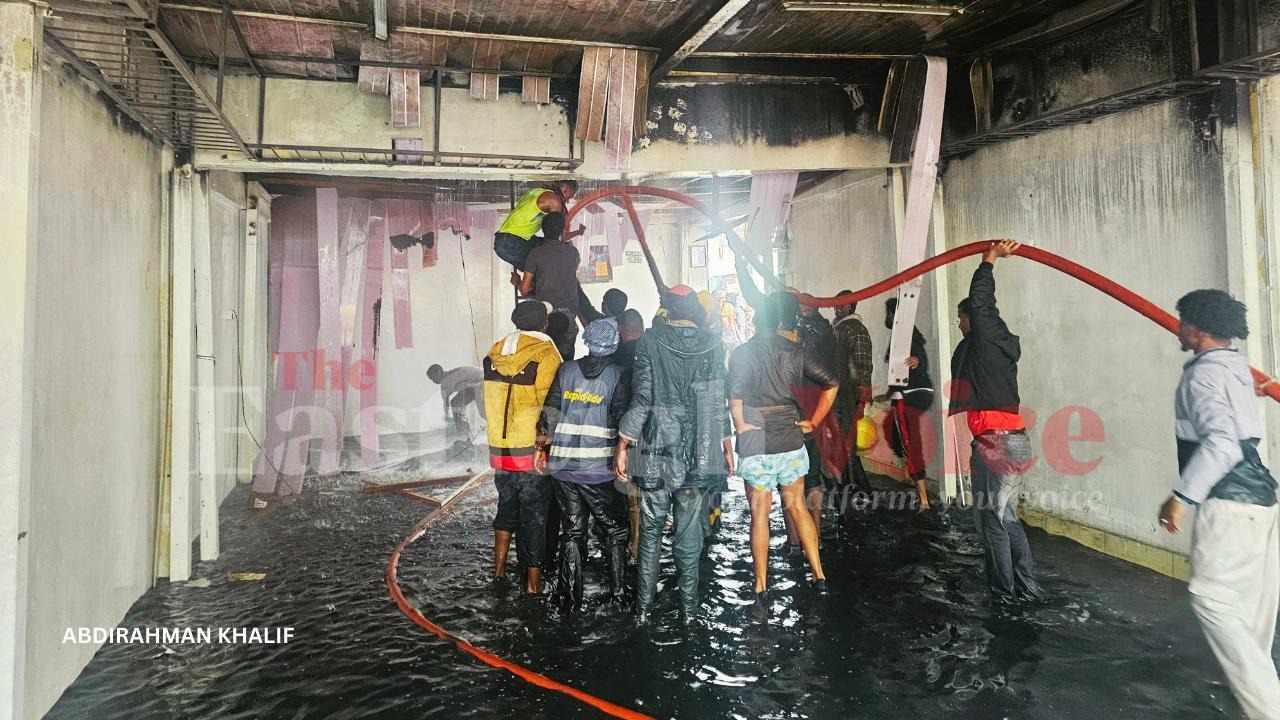South Sudan launches lifesaving vaccines to fight pneumonia, diarrhoea in children
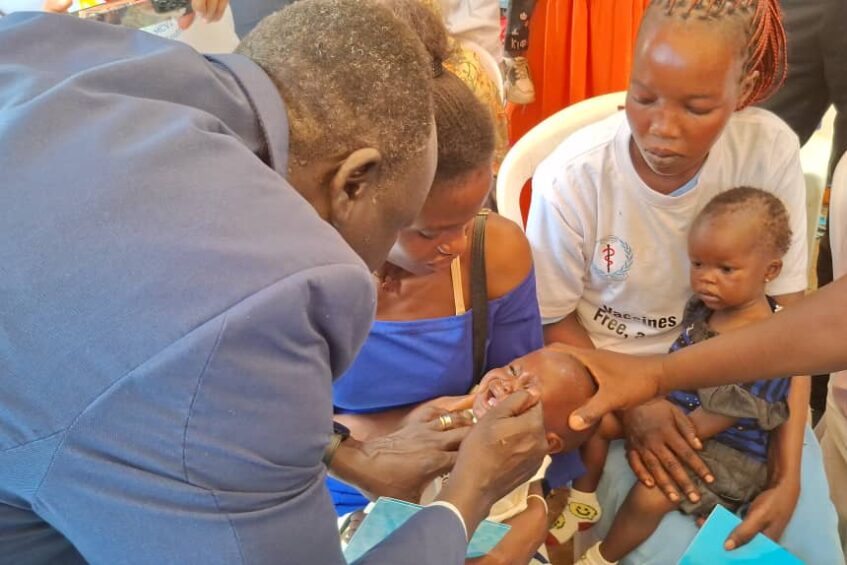
Anin Ngot Ngot Mou, undersecretary in the Ministry of Health, described the rollout as a game changer in the fight against two of the country's leading causes of child mortality.
South Sudan, with support from United Nations agencies, has launched two new vaccines aimed at protecting children under five from pneumonia and severe diarrhoea.
Anin Ngot Ngot Mou, undersecretary in the Ministry of Health, described the rollout as a game changer in the fight against two of the country's leading causes of child mortality.
More To Read
- Global charity warns of worsening humanitarian crisis in South Sudan
- Kiir sacks finance, investment ministers amid South Sudan’s economic turmoil
- Salva Kiir appoints daughter as Presidential Envoy, stirring nepotism debate
- UN commander welcomes Rwandan troops to South Sudan
- South Sudanese ‘are counting on us’, top UN official tells Security Council
- South Sudan peace deal at risk, RJMEC warns amid rising violence and political arrests
"Today, we are taking a bold step forward in protecting the health and future of our children in South Sudan. Pneumococcal disease is the leading cause of pneumonia, meningitis, and sepsis, especially among children under five years old," Ngot said during the launch in Juba, the capital of South Sudan.
The new vaccines – pneumococcal conjugate vaccine (PCV) and rotavirus vaccine – will be integrated into the Expanded Program on Immunisation (EPI), launched by the World Health Organisation (WHO) in 1974. Health workers are being trained, and public awareness campaigns are underway to promote community acceptance and ensure wide coverage, Ngot added.
Obia Achieng, deputy representative of the UN Children's Fund in South Sudan, said the vaccination campaign will extend across all 10 states and three administrative areas, with a focus on reaching vulnerable children in remote and conflict-affected regions.
He highlighted that the campaign marks a milestone for South Sudan, coinciding with the formal introduction of both PCV and rotavirus vaccines to the national immunisation system. Despite this progress, he noted that about 40 per cent of children in South Sudan live more than 5 km from the nearest health facility, with many displaced due to ongoing insecurity.
Mutale Senkwe, WHO deputy representative in South Sudan, said the campaign reinforces the country's commitment to protecting children from preventable diseases. Senkwe said since the launch of the EPI, vaccines have saved over 50 million children in Africa, and in 2024, a child in Africa is 50 per cent more likely to survive to their next birthday than in a world without vaccines.
Top Stories Today

